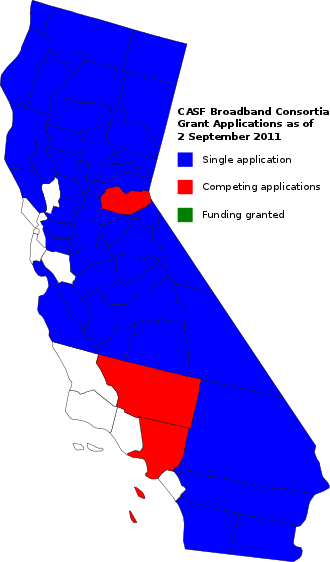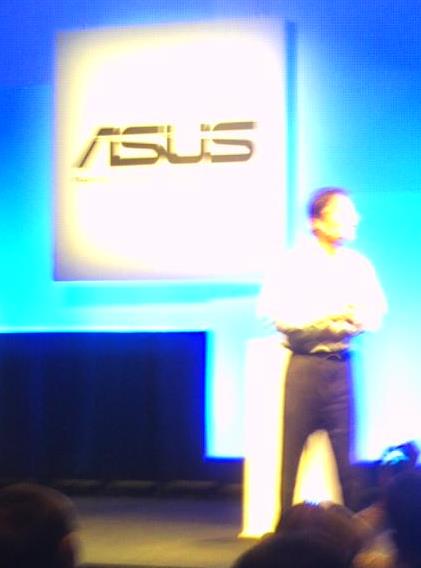Most California Counties Represented in Broadband Consortia Grant Applications
The California Public Utilities Commission has released some information about the regional broadband consortia that filed applications in the initial round of funding from the California Advanced Services Fund. Fifteen consortia made the 22 August 2011 filing deadline, and are in line to be considered for planning and organizational grants totaling $150,000 per year for up to three years.
The applications come from all over the state. Of the 58 counties in California, only nine – Napa, Marina, San Francisco, San Mateo, Santa Clara, San Luis Obispo, Santa Barbara, Ventura and Orange – have been left out completely.… More


